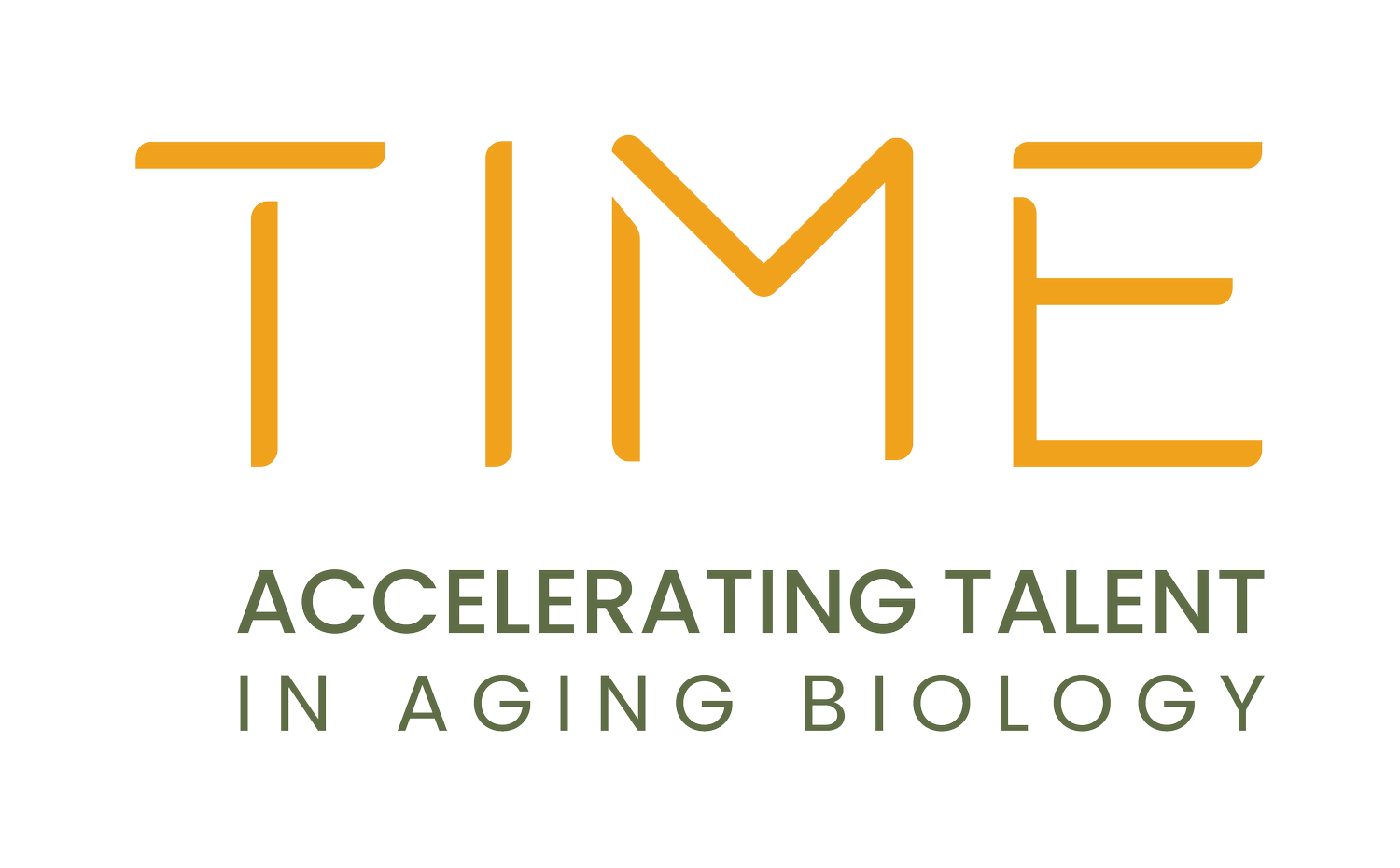Moments in TIME: Fellows Shaping the Future of Aging - Maggie Li
Maggie Li is carving her own path at the intersection of science, technology, and entrepreneurship in the field of aging biology. A TIME Fellow and venture fellow at age1, Maggie’s work spans from cutting-edge research in single-cell manipulation and tissue engineering at the University of Toronto to founding the Longevity Research Circle, a student-driven initiative fostering collaboration and innovation in aging research in Canada.
Her vision for the future of aging biology is bold yet clear—stretch the human healthspan by delaying aging through FDA-approved therapies and leveraging the power of regenerative medicine. Maggie is not just thinking about what’s possible in the future; she’s working on it now. Her journey reflects her passion for creating a healthier future through research, community-building, and innovative thinking.
In this conversation, Maggie shares her insights on the impact of her research, the community she’s building in aging biology, and how the TIME Fellowship has shaped her journey.
Courtney: Maggie, it's great to have you share your journey with us today. Let's start with your current work. Can you tell us a bit about your research and the projects you're working on right now?
Maggie: I’m researching techniques for single-cell manipulation and patterning, such as with optoelectronics, in Professor Aaron Wheeler’s lab at the University of Toronto. In the near term, the applications are focused on organ-on-a-chip platforms, and in the long term, they are in tissue engineering and biomanufacturing scale-up.
I’m also a venture fellow at age1, where I am fortunate to work with and learn from ambitious individuals who care about healthy human lifespan extension.
Courtney: That’s fascinating work, and I love how you’re balancing both academic research and venture work. Why do you feel your research is particularly important in the field of aging biology?
Maggie: My research has both near-term and long-term potential. Right now, it’s focused on advancing organ-on-a-chip technology, which has the potential to model organ systems and study diseases in more realistic ways. In the long term, the applications could extend to tissue engineering and biomanufacturing, which are critical for advancing regenerative medicine. These technologies could play a big role in replacing failing tissues or organs, which ties directly into the broader mission of extending healthspan and potentially lifespan.
Courtney: You've already accomplished so much! What recent achievement are you most proud of?
Maggie: I’ve co-created the Longevity Research Circle, a focused space and student community for longevity and regenerative medicine research. We started at the University of Toronto and are expanding to McGill University, and have reached across several Canadian universities. Our mission is to connect trainees, inspire interest and facilitate thoughtful discourse. We aim to inspire the next generation of Canadian student researchers and innovators in aging biology and longevity. Here is our website for more: https://lrc.bio/.
We hosted journal clubs, mixers, and the first-ever aging biology symposium in Toronto earlier this year in January. That symposium was a huge milestone, and it wouldn’t have been possible without your mentorship and support, Courtney. You flew all the way to Toronto to support us, and all the Canadian TIME Fellows showed up—it was a special moment.
Courtney: I was so impressed with the work you all put into that symposium. It was a great event and the excitement was palpable! How do you see your work in and out of the lab contributing to the future of aging biology or longevity?
Maggie: I envision a future where we can stretch the Kaplan-Meier curve two-fold: 1) delaying aging via safe, accessible, and FDA-approved aging drugs and 2) replacing “failing” parts via autologous sources or tapping into the promise of regenerative medicine.
Courtney: That’s an inspiring vision for the future! What sparked your initial interest in aging biology?
Maggie: My interest in aging biology really took off when I interned at Loyal, (a clinical-stage veterinary medicine company working on canine healthspan and lifespan extension). In the early days of Loyal, where I saw the Healthspan Study and many other projects come to fruition, the commitment to a shared mission and curiosity for exploratory science was infectious. Besides relating personally to aging (which everyone does to some extent!), this experience and the community at TIME Fellowship opened my eyes to the realm of possibilities in this relatively nascent field of aging biology and more broadly, longevity.
Courtney: TIME Fellowship community has greatly benefitted from having you contributing to it. Is there anything you want to tell people about your experience and why they should apply?
Maggie: The TIME Fellowship is the place to go if you are looking for peers who also care about aging biology and are all uniquely working towards a shared goal. Being surrounded by people who continually inspire you to raise the bar makes a world of difference.






